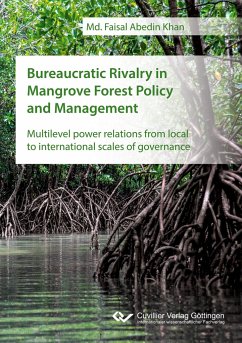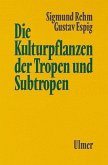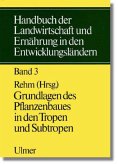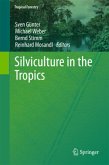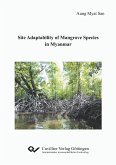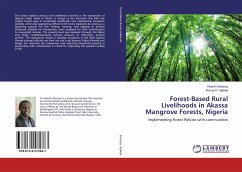Since the Earth Summit of 1992, the concept of sustainable development has gained rapid interest in global policy debate¿which incurs effective policy solutions in any forest management. Mangroves are coastal forests, commonly found in the tropics and subtropics, where they fulfil many necessary functions from the productive, protective, and social points of view. A large number of multidisciplinary actors ranging from international to local level are actively engaged with perceived issues concentrated on mangrove forest policies irrespective of any geographical location. Nonetheless, given their financial, technical, and expertise-related means, the active actors are expected to have a considerable degree of conflicts and competition showing formal and informal influences over policy issues. Moreover, by allocating financial means and sub-delegating authoritative power, actors at multiple jurisdictions may gain power and serve interests in mangrove governance. Hence, the study attempts to describe and explain the bureaucratic rivalry among the actors in mangrove forest policy and management at the meta-level. In doing so, the author employed the Sundarbans of Bangladesh ¿ the world¿s largest contiguous tract of mangrove forest ¿ as an illustrative case in policy formulation and implementation.
Hinweis: Dieser Artikel kann nur an eine deutsche Lieferadresse ausgeliefert werden.
Hinweis: Dieser Artikel kann nur an eine deutsche Lieferadresse ausgeliefert werden.

